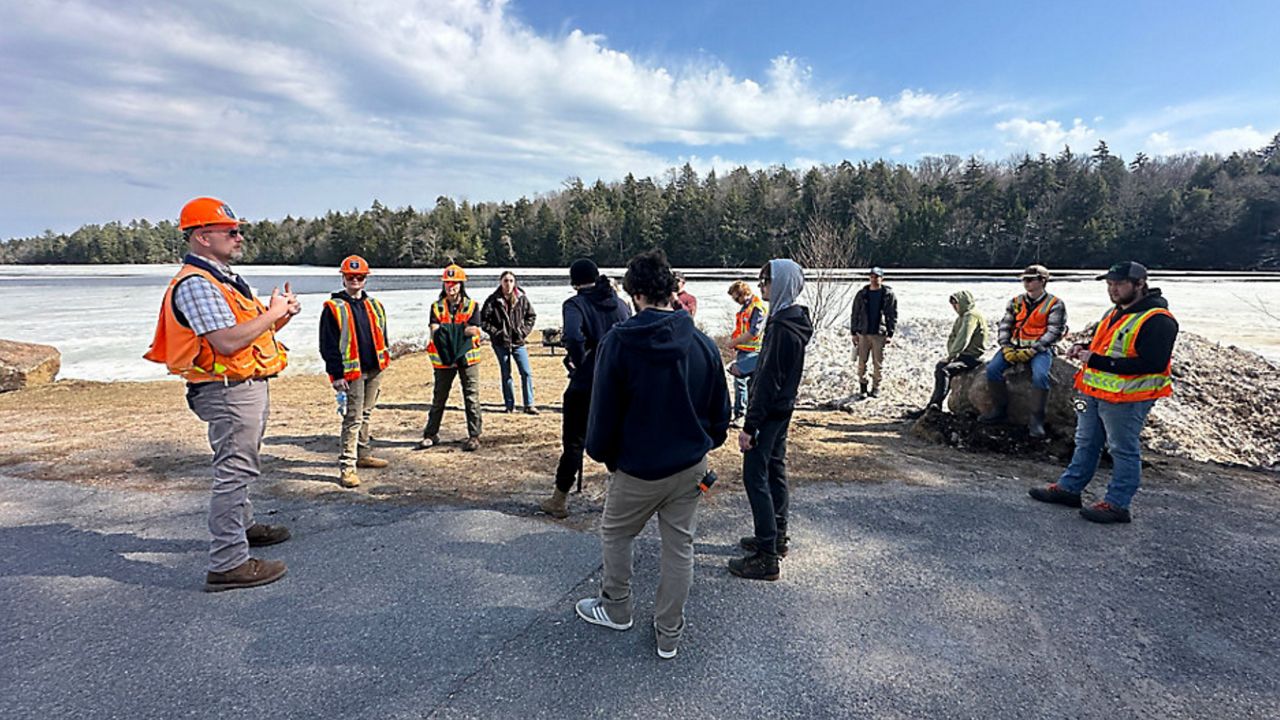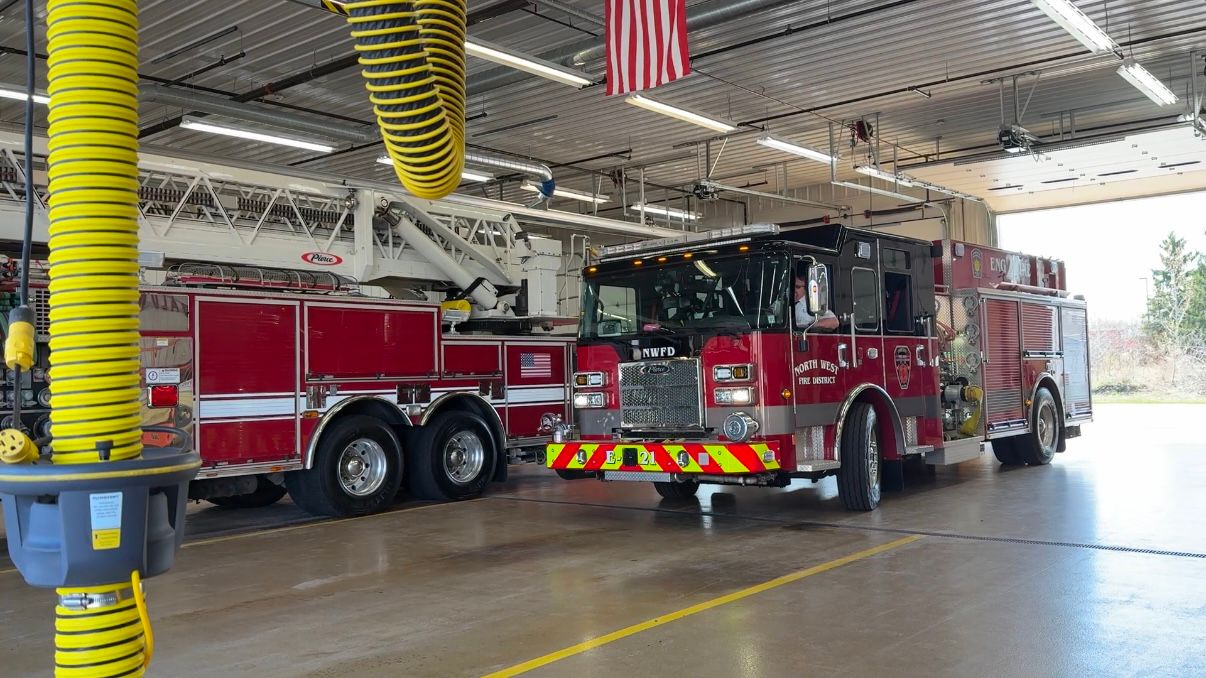With post-traumatic stress disorder among college students doubling between 2017 and 2022, according to a recent New York Times article, one health director at an upstate university is doling out advice for parents.
Ariel Rios, executive director for the Health and Wellness Center at Utica University, said parents should talk with their kids as they come home for the summer.
“Them coming back, kind of taking some time to talk to them about how their experience was and how they felt while they were there any difficulties they had,” Rios said.
Rios says it’s also important for parents to know the warning signs.
“So maybe if their student comes home and they seem different than how you're used to them being, maybe they're usually a go-getter or, you know, ready to do a summer job or something. And now they seem to be just staying in their room a lot or not really interacting with the family where you feel like something's kind of going on,” Rios said.
But what is causing this rise in PTSD? Dr. Yusen Zhai, You-Sin Ghai director of the Community Counseling Clinic at the University of Alabama at Birmingham, says part of it is broader societal stressors like campus shootings, social unrest and sudden loss of loved ones from the coronavirus.
“A lot of unintended consequences of the COVID pandemic as well. Things like maybe students were isolated with their families more and there were difficult family dynamics or domestic violence or having to be in in spaces with family that didn't really get along or being really close with siblings,” Rios said.
In order to help students navigate these obstacles when they return to campus, Rios says they are looking at more ways to engage students with activities and making sure they know they have resources.
“Doing a lot of prevention education about ways to keep yourself de-stressed and how to deal with anxiety around tests and all that kind of stuff,” Rios said.
And when students come back to campus, Rios says parents should still interact with their child on a regular basis.
“Students still need that helping hand to know that their parent is still there for them. So instead of saying oh go figure that out on your own, making sure that you’re being supportive,” Rios added.










